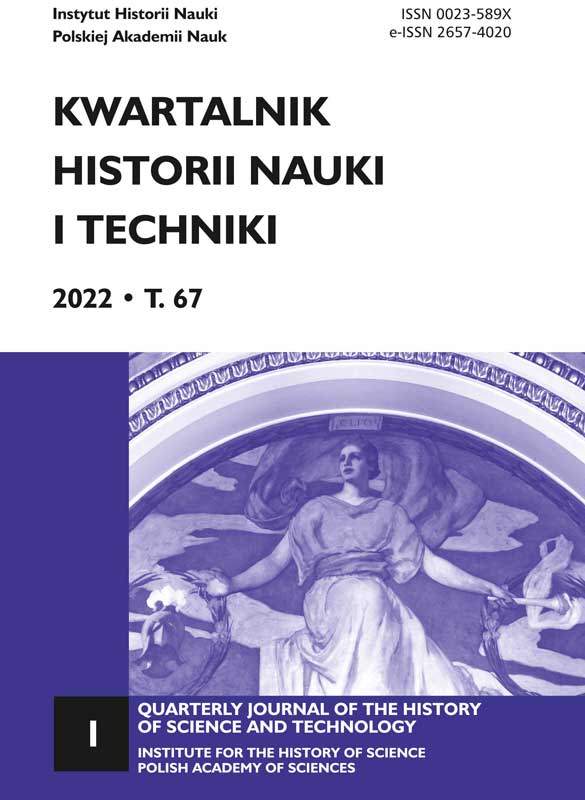Z czego żył historyk w czasie wojny? Przypadek Stefana Kieniewicza (1939–1945)
How Did a Historian Make Ends Meet during the War? The Case of Stefan Kieniewicz (1939–1945)
Author(s): Marcin WolniewiczSubject(s): History, Local History / Microhistory, Social history, WW II and following years (1940 - 1949)
Published by: Wydawnictwo Uniwersytetu Jagiellońskiego
Keywords: Stefan Kieniewicz; historians; intelligentsia; Second World War; General Government; personal budget
Summary/Abstract: How Did a Historian Make Ends Meet during the War? The Case of Stefan Kieniewicz (1939–1945) The article discusses how the people of science and scholars made their living in occupied Poland (1939–1945). The problem is shown on the example of the wartime fate of an outstanding historian, Stefan Kieniewicz (1907–1992), whose diaries, juxtaposed with a variety of source material (including the materials from the German Archive Office [Archivamt]), allow for a relatively detailed analysis of the topic. The story stemming from these documents shows a survival strategy that seemed an obvious choice for a representative of the landed gentry intelligentsia. It was based on the use of education and family connections. Education allowed Kieniewicz to take up intellectual jobs, which he kept simultaneously in the Treasury Archive (Archiwum Skarbowe, Finanzarchiv) taken over by the Germans and in the apparatus of the Underground State (Information and Propaganda Office of the Home Army Headquarters). It also made him eligible for the support provided to the authors by the Warsaw bookseller, M. Arct. The income from these jobs was usually not enough for Kieniewicz to support his family in Warsaw. Up to a point, the deficit was covered by selling off valuable movable property and giving up the gentry lifestyle. Ultimately, the family used the hospitality of their relatives and moved to the estates in Ruszcza and Topola. The Warsaw Uprising deprived the Kieniewiczs of the remains of their possessions, and the agrarian reform deprived their more affluent relatives of property. These events concluded the transformation of Kieniewicz’s social status into the ‘academic intelligentsia’.
Journal: Kwartalnik Historii Nauki i Techniki
- Issue Year: 2022
- Issue No: 1
- Page Range: 157-173
- Page Count: 17
- Language: Polish

